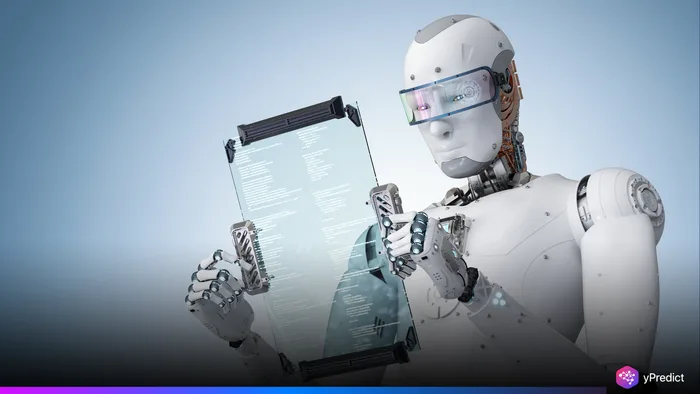
We frequently refer to artificial intelligence as a tool, but does it serve more than that? Does the way that you train and work with your artificial intelligence influence your own growth? Those people who consistently focus on improvement to their AI agents often find a similar evolution in their mindsets, behaviours and habits. The work of training, tinkering, and developing an AI model begins to influence the way they confront challenges in their lives.
This shift doesn’t happen overnight. But over time, those who embrace personal AI development begin to mirror the exact traits they encourage in their tools, adaptability, curiosity, and a strong growth mindset. In this article, we dive into how this synergy forms, why it matters, and how to fully embrace it for long-term personal growth.
Why Your Approach to AI Reflects Your Approach to Life
When users invest effort into improving their AI agents, they often follow structured learning, feedback loops, and testing. These same strategies reflect successful personal habits. Whether it’s managing time, learning a new skill, or tackling a problem, the methods used in AI improvement translate into real-world results.
This is especially true for creators and entrepreneurs. They don’t just build better tools — they become better thinkers. Personal AI development teaches discipline, curiosity, and experimentation. These qualities soon bleed into how people learn, work, and grow in other areas of their lives.
The Growth Mindset Behind Smart AI Agents
People with a growth mindset believe abilities can be developed with time and effort. Interestingly, training an AI model requires this exact belief. You know your agent won’t be perfect at first. You tweak, test, and revise, knowing it can improve.
Over time, this mindset becomes second nature. When someone sees progress in their agent, they start applying the same persistence to their own challenges. This leads to a loop where AI improvement drives personal transformation, which then improves how people handle their agents further.
Small AI Wins, Big Life Shifts
Let’s say you optimize an AI agent to organize your workflow better. At first, it’s a technical task. But then you begin to rethink your time, cut distractions, and build discipline. These small wins from personal AI development create ripple effects.
It might begin with setting better prompts, but it ends in improved goal-setting in life. Many users even report better decision-making, faster learning, and more clarity in their work and personal goals. These results aren’t side effects, they’re a product of engaging deeply with how intelligent systems evolve.
How to Evolve with Your AI
To experience this parallel growth, be intentional. Don’t just use AI, train it with purpose. Set goals for your agents, track their progress, and reflect on how the process is helping you grow too.
• Focus on small experiments, and celebrate small results
• Reflect on every iteration, what did you learn from it?
• Let your curiosity guide your prompts and customizations
The more mindful you are in your personal AI development, the more your own habits and decision-making will begin to improve.
From Technical Tool to Personal Mirror
AI isn’t just an output generator. It becomes a reflection of how you think, work, and adapt. When you build agents that respond to better context, precision, and intent, you’re essentially reinforcing those same values in yourself.
Over weeks or months, your AI improves. So do your strategies, focus, and resilience. This is the real impact of AI improvement, not just better outputs, but a better you.






